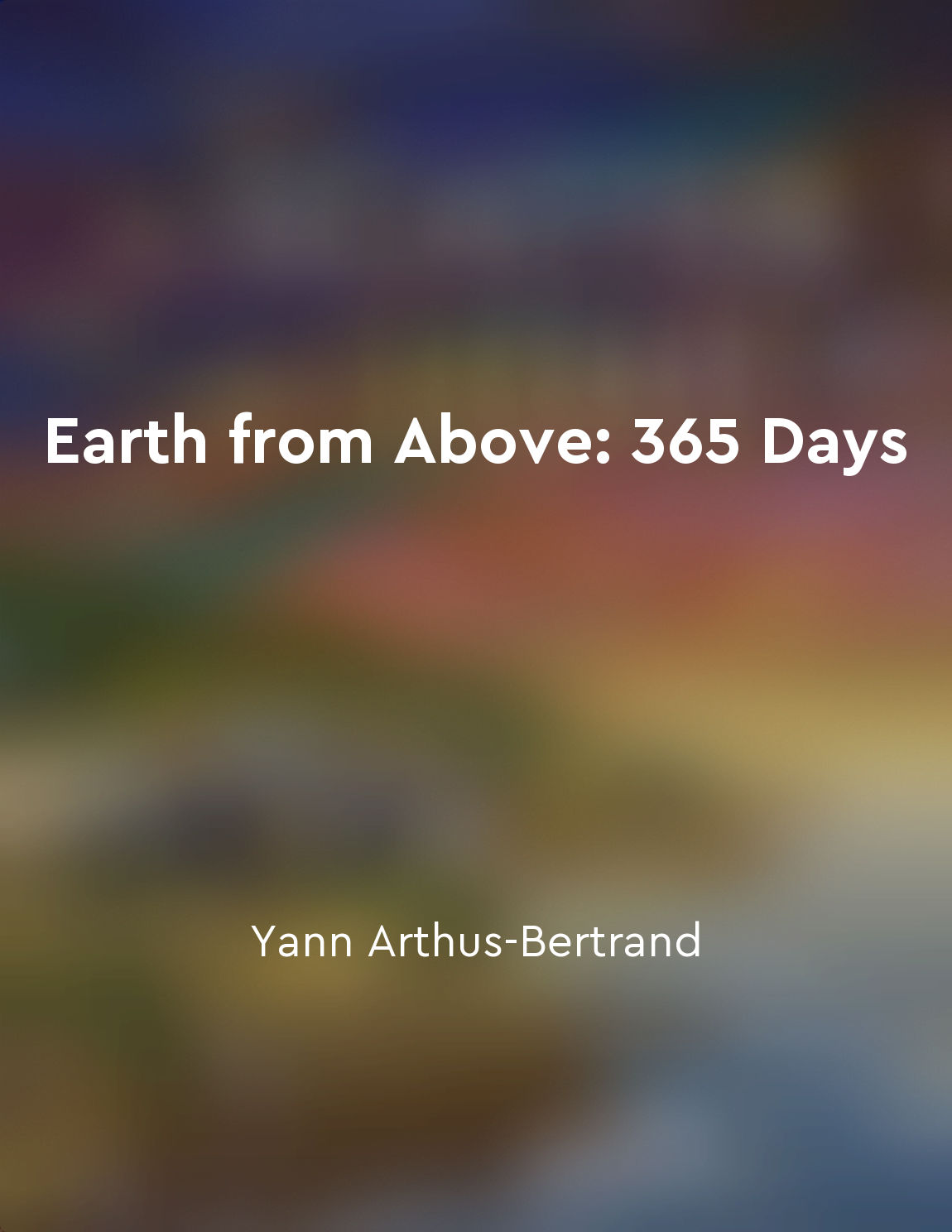Ice ages have occurred from "summary" of A Short History of Nearly Everything: Special Illustrated Edition by Bill Bryson
It is a fact that ice ages have occurred. Scientists believe that over the past 2.4 billion years, the Earth has experienced at least five major ice ages. The most recent of these ice ages began about 2.4 million years ago and continues to the present day. These ice ages were not caused by a decrease in global temperatures, but rather by a complex interplay of factors including the Earth's orbit, the tilt of its axis, and changes in the amount of solar radiation it receives. During an ice age, large portions of the Earth's surface are covered in ice sheets and glaciers, causing sea levels to drop and drastically altering the landscape. The most recent ice age, known as the Pleistocene Epoch, was characterized by a series of glacial advances and retreats, with ice sheets covering much of North America, Europe, and Asia at their peak. One of the key pieces of evidence for the occurrence of ice ages is the presence of glacial deposits in regions that are now far too warm for glaciers to exist. These deposits, known as glacial erratics,...Similar Posts
Climate change poses a threat to global biodiversity
Global biodiversity is facing a grave threat due to climate change. The Earth's climate is changing at an unprecedented rate, p...
Biotechnology manipulates living organisms for human benefit
Biotechnology is a field that involves using living organisms to develop products and processes that benefit humans. It is a po...
Humanity must colonize other planets
The future of humanity is uncertain. Our home planet, Earth, faces numerous threats - from climate change to asteroid impacts. ...

A precious planet worth protecting
This planet we call home is a treasure beyond measure. It is a place of stunning beauty, teeming with life in all its forms. Fr...
Understanding the Earth as a system requires studying the feedback loops and interactions between its different components
To truly understand the Earth as a system, it is fundamental to delve into the intricate web of feedback loops and interactions...
The continent holds a mysterious allure for those who venture there
The frozen continent of Antarctica exerts a powerful pull on the imagination of adventurous souls. It is a place of extremes - ...
The continent is a living laboratory for scientific research
Antarctica is an extraordinary place where nature reigns supreme, offering scientists a unique opportunity to study the environ...

Migration patterns reflect economic disparities and political conflicts
Migration patterns across history have often been influenced by economic disparities and political conflicts. The movement of p...
